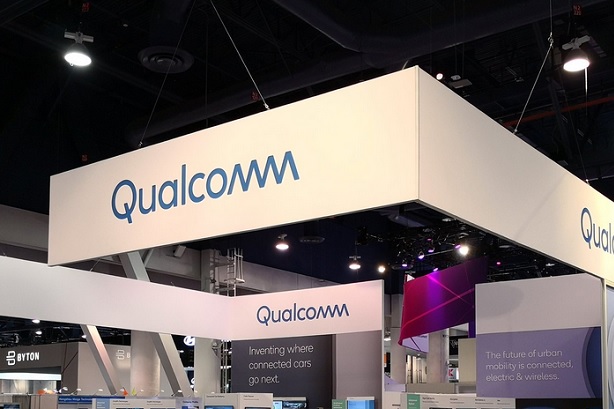Qualcomm is planning to appeal the €997 million European Commission fine for “illegally shutting out” rivals from providing their LTE baseband chipsets to Apple’s iPhones and iPads.
The European Commission found Qualcomm has abused its market dominance within the LTE baseband chipset market and stopped Apple from pursuing deals with its rivals.
The Commission said Qualcomm had at least a 90 percent share of the LTE baseband market between 2011 and 2016.
In 2011, both companies signed a deal where Qualcomm would exclusively provide its chipsets to Apple. The agreement was extended in 2013 until the end of 2016.
Under the terms of the deal, Qualcomm would cease these payments if Apple commercially launched a device with a chipset built by a rival. Additionally,
Qualcomm would get a large rebate of its payments if Apple was to switch.
The Commission said: “This meant that Qualcomm’s rivals were denied the possibility to compete effectively for Apple’s significant business, no matter how good their products were.
“They were also denied business opportunities with other customers that could have followed from securing Apple as a customer.”
The Commission also noted Apple gave “serious consideration” to switching part of its baseband needs to Intel, but could only do so when the exclusivity agreement ended towards the end of 2016.
While the Commission noted market dominance is not illegal under EU anti-trust rules, it said market leaders have a duty not to restrict competition.
The LTE baseband market is seen as having high barriers to entry, including heavy research and development costs.
EC Commissioner Margrethe Vestager, who is in charge of competition policy, said: “Qualcomm illegally shut out rivals from the market for LTE baseband chipsets for over five years, thereby cementing its market dominance.”
She added: “This meant that no rival could effectively challenge Qualcomm in this market, no matter how good their products were.
“Qualcomm’s behaviour denied consumers and other companies more choice and innovation – and this in a sector with a huge demand and potential for innovative technologies. This is illegal under EU antitrust rules and why we have taken today’s decision.”
Responding to this morning’s fine, Don Rosenberg, Executive Vice President and General Counsel of Qualcomm, said: “We are confident this agreement did not violate EU competition rules or adversely affect market competition or European consumers.
“We have a strong case for judicial review and we will immediately commence that process.”
The chipset maker is also under investigation by the United States’ Federal Trade Commission, which has accused it of lowering fees to Apple in return for exclusivity on its chipsets.
Qualcomm spent most of last year locked in legal battle with the iPhone maker, accusing it of downplaying the performance of its chipsets compared to those of Intel and seeking a sales ban of Apple’s products in the United States. Apple had accused Qualcomm of withholding $1 billion in payments in January last year.
The fine comes amid a turbulent time for Qualcomm, as it attempts to reject overtures from rival Broadcom about a takeover.
Broadcom first made a bid for Qualcomm in November, which was swiftly rejected.
A crucial shareholder meeting will take place on 6 March, when new board members will be elected.
In a fresh letter to shareholders released overnight, Qualcomm said any deal faces “significant regulatory issues” and take an estimated 18 months, if at all, to clear.
It accused Broadcom of failing to lay the necessary regulatory groundwork across more than 12 competition bodies to get the deal passed. The letter added:
“This is the largest proposed technology transaction in history and will require thorough reviews from both antitrust regulators and national security groups in multiple countries around the world.
“Regulators in many countries may call for conflicting remedies based on their specific concerns.”
Additionally, it said regulators in different regions could have conflicting and “potentially contradictory” priorities. It said a sale of overlapping product lines between the two companies would be “likely” to ease competition fears
Elsewhere in the letter, it said Broadcom lacked customer supporters, had an over-optimistic timetable for regulatory hurdles to be cleared, could face national security questions, and could damage Qualcomm’s own performance.





